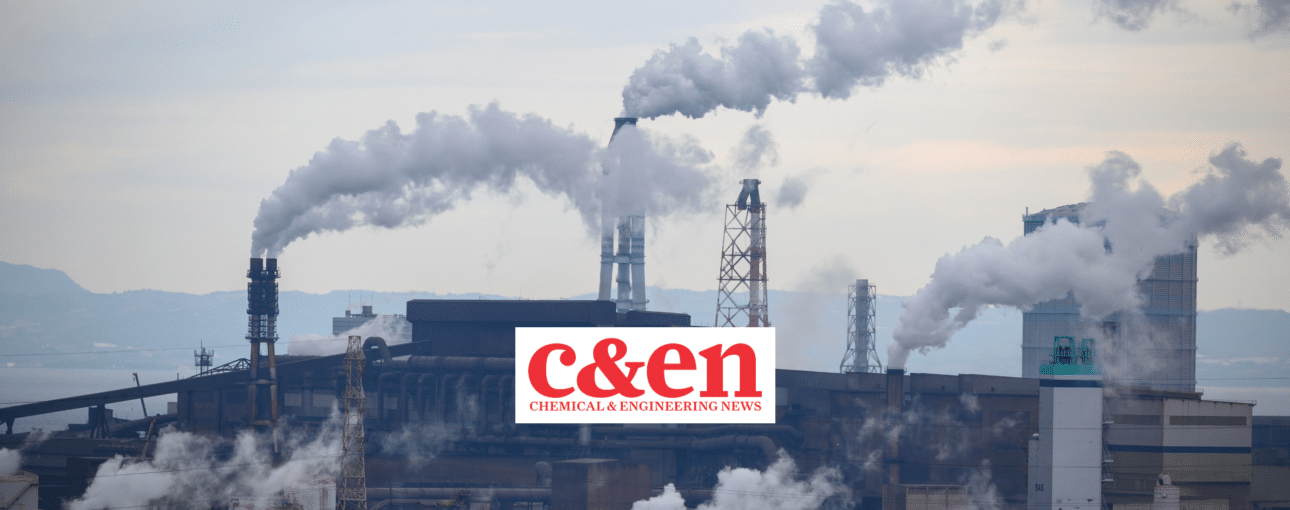In a two-step of ideas and action, the White House has released a report that outlines a government-wide approach for addressing plastic pollution and announced that buying single-use plastics for federal operations is on the chopping block.
The Biden administration calls the document the first comprehensive report on addressing plastic pollution. In it, officials concede that plastic pollution is a severe problem and list steps and opportunities to address the issue. Environmentalists say that they’re happy to finally see a strategy but that the report leaves out important aspects of dealing with plastic pollution and doesn’t include any new policies.
Björn Beeler, international coordinator for the International Pollutants Elimination Network (IPEN), says both the phase-out and the report fall short of what’s needed to adequately address plastic pollution. “Restricting single-use plastics neglects the fact that plastic production is set to triple before 2060,” he says. “We can’t deal with plastics from the 1970s, so how can we survive the plastic production tidal wave coming over the next 25 years?”
“What we are still not seeing in this strategy is a cap on plastic production, which the science necessitates, along with legally binding requirements for implementation,” says Jen Fela, vice president of programs and communications for the Plastic Pollution Coalition. The report doesn’t introduce new regulations or promise any changes, she says. Near the end, the report states that it’s a planning document, Fela says. It’s not legally binding and is not new policy.
The report “really kicks the can down the road for the next generation to deal with,” IPEN’s Beeler says. Unless US strategy recognizes that more plastic production means more pollution, “its potential impact is very minor,” he says.
Read the full story in Chemical and Engineering News.
